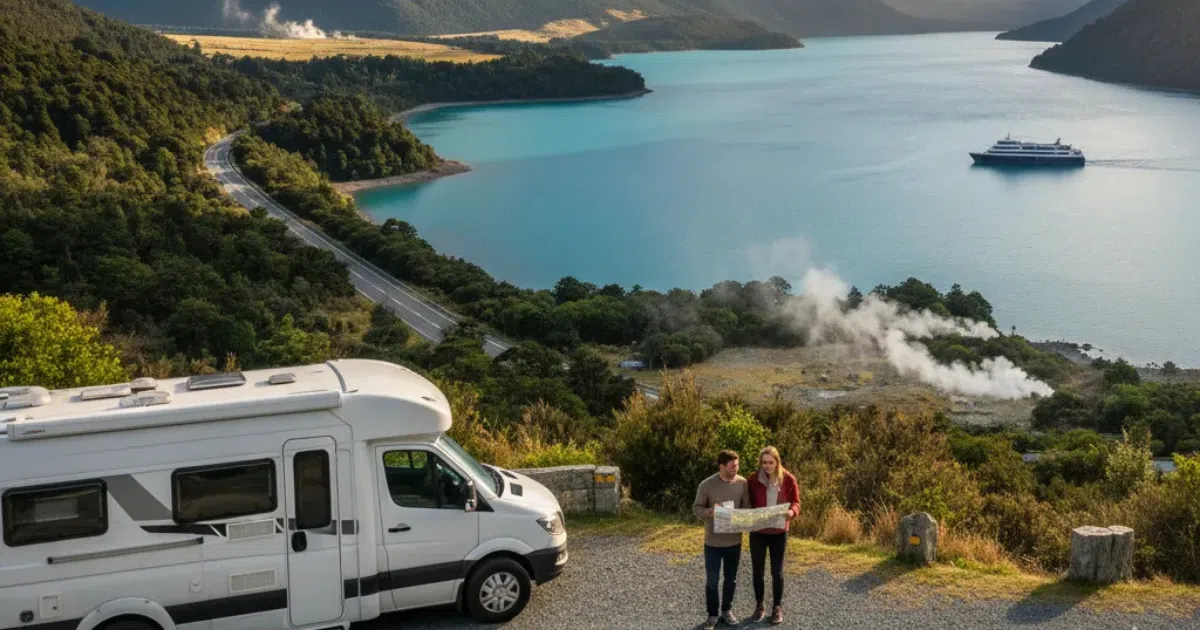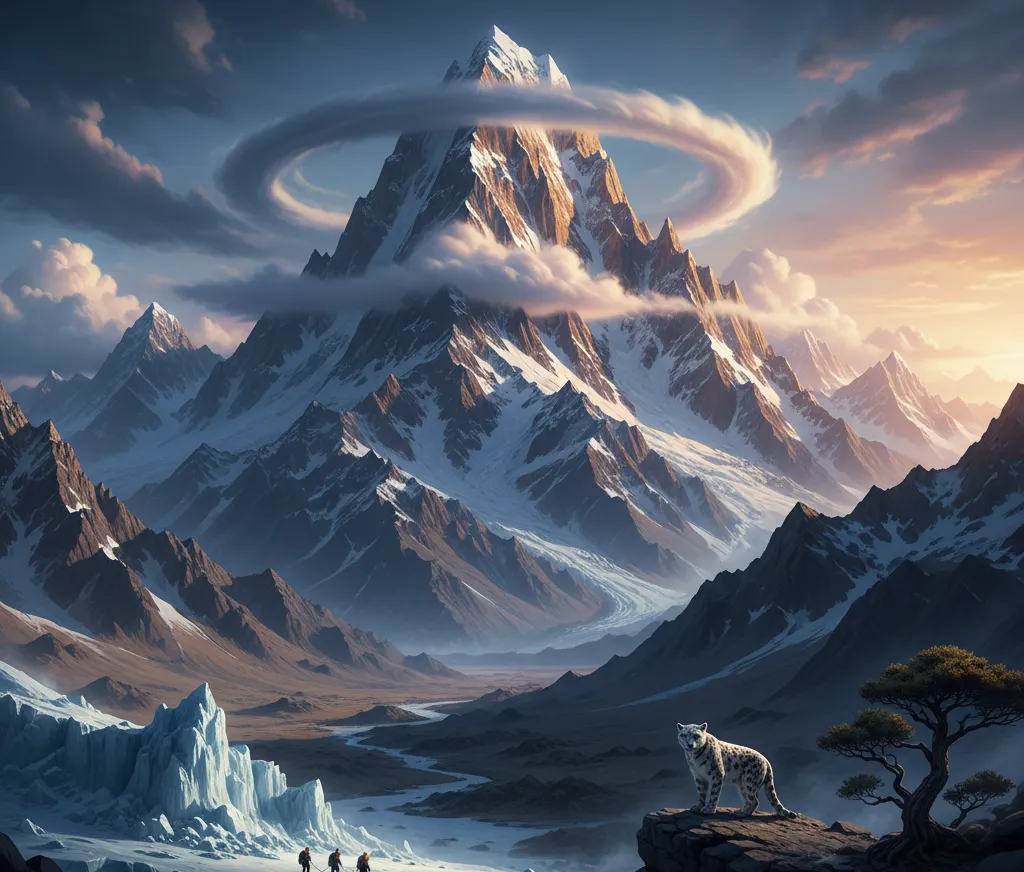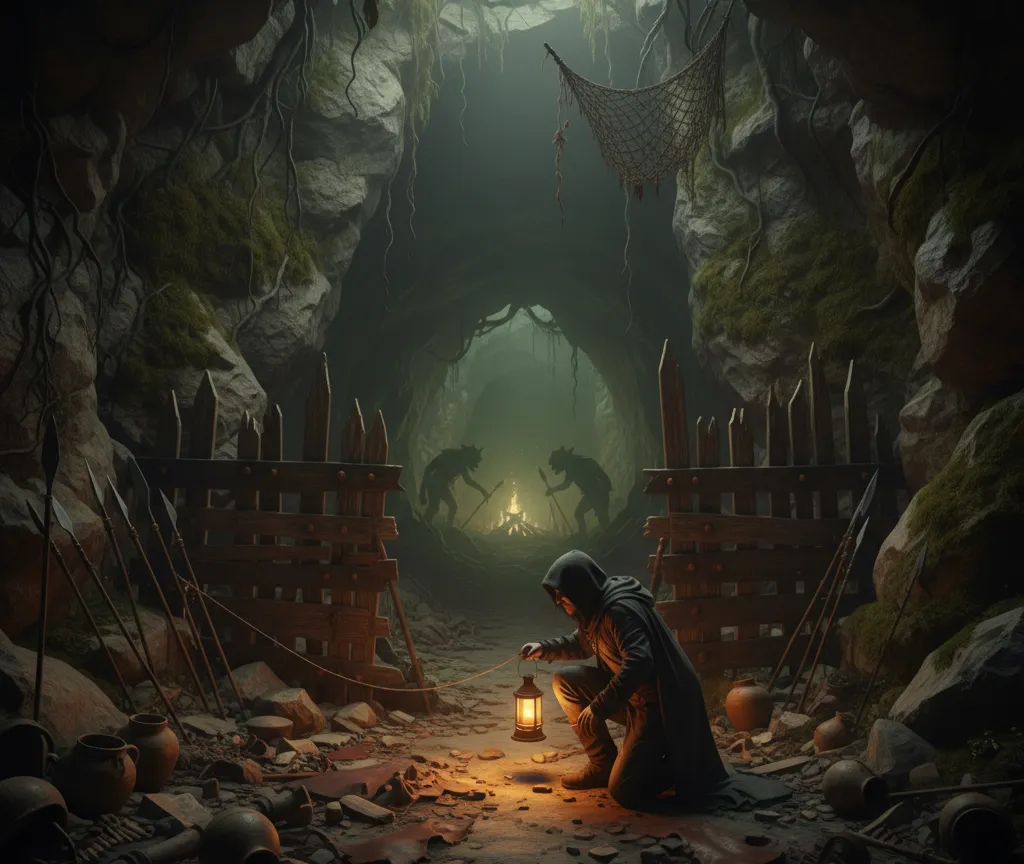New Zealand. The name conjures up images of jagged, snow-capped peaks, crystal-clear turquoise lakes, and rolling green hills straight out of a fantasy epic. It’s a bucket-list destination for millions, a place where adventure lives around every corner. But as you begin planning your dream trip to Aotearoa (Māori for the Land of the Long White Cloud), one question inevitably pops up, sharp and immediate: Is New Zealand expensive to visit?
The short, honest answer is yes, it can be. New Zealand consistently ranks among the world’s more expensive destinations for tourists, often due to its remote island location, which drives up the cost of imported goods, and its high standard of living. However, the true cost of your journey is entirely dependent on your travel style, the choices you make, and how diligently you plan. The good news is that with the right strategy, you can experience the best of this spectacular country without needing to remortgage your house.
In this comprehensive guide, drawing on current 2025 data, we break down the major expenses—from accommodation and transport to food and activities—to give you a transparent view of what a trip to New Zealand truly costs, and how you can manage your budget like a seasoned local.
The Short Answer: Is New Zealand Expensive to Visit?
While flights to the remote nation can certainly break the bank for travelers coming from North America or Europe, once you land, your daily budget will fit into one of three distinct categories.
| Travel Style | Average Daily Budget (NZD) | Average Daily Budget (USD) | What This Covers |
| Budget/Backpacker | NZ$99 – NZ$120 | US$58 – US$75 | Hostel dorms, self-catering, free activities, bus/local transport. |
| Mid-Range/Comfort | NZ$263 – NZ$350 | US$155 – US$215 | Private rooms/motels, a mix of cooking/dining, a few paid tours, rental car. |
| Luxury/High-End | NZ$745+ | US$439+ | High-end hotels/lodges, fine dining, premium tours (heli-hikes, private guides). |
As you can see, the daily spread is massive. A savvy, self-catering backpacker can manage on less than a third of what a mid-range traveler spends, highlighting the power of planning.
Deconstructing the Cost: Where Your Money Goes in Aotearoa
New Zealand’s high price point stems from its necessary travel elements: accommodation, getting around, and world-class adventure experiences. Here is a detailed look at the core costs you’ll encounter:
Accommodation: From Backpackers to Boutique Lodges
Accommodation will likely be your biggest variable expense. Prices fluctuate wildly based on the season (summer, December–February, is peak and most expensive) and location (Queenstown and Auckland are generally pricier than Christchurch or smaller towns).
| Accommodation Type | Average Price Per Night (NZD) | Key Considerations |
| Hostel Dorm Bed | NZ$25 – NZ$45 | Ideal for solo travellers, excellent social opportunities, best value for money. |
| Powered Campsite | NZ$25 – NZ$40 | Essential for campervan travel. Cheaper, but facilities are shared. |
| Basic DOC Campsite | NZ$6 – NZ$15 | Operated by the Department of Conservation (DOC). Very basic, often remote, but incredibly scenic. |
| Mid-Range Motel/Airbnb | NZ$150 – NZ$300 | Private, comfortable, often includes a kitchenette to save on food costs. |
| Luxury Hotel/Lodge | NZ$400 – NZ$800+ | High-end hospitality, often including meals and exclusive location access. |
Budget Hack: If you are planning a long road trip, consider purchasing a DOC Campsite Pass. This can offer significant savings if you plan to stay at basic campsites regularly, keeping your daily accommodation costs well under NZ$10.
Transportation: The Road Trip Reality
The classic New Zealand adventure involves a road trip, which is where many travelers encounter sticker shock. The country is not known for cheap, efficient long-distance public transport; flying or driving is necessary to cover ground.
- Rental Cars: Prices are highly seasonal.
- Low Season (May–Sep): A compact car can be found for as low as NZ$13 – NZ$30 per day.
- High Season (Dec–Mar): Expect to pay NZ$35 – NZ$85 per day for a similar vehicle.
- Campervans: A campervan rental is an iconic Kiwi experience, but it’s a premium one. A small, two-berth campervan can cost NZ$220 – NZ$260+ per day in peak summer, not including insurance, gas, or campsite fees.
- Fuel (Petrol/Diesel): This is a significant expense. Expect to pay around NZ$2.40 – NZ$3.20 per litre in 2025. On a multi-week road trip covering thousands of kilometers, your fuel bill can easily match your accommodation cost.
- Inter-Island Ferry: If you travel between the North and South Islands (Picton to Wellington), the ferry is a necessary expense. This can cost anywhere from NZ$200 to NZ$450 for a standard car and two passengers, depending on the season and time of day.
Budget Hack: For solo or very budget-conscious travelers, skipping the car and utilizing intercity bus services (like InterCity) or joining a structured bus tour (like the Kiwi Experience) can cut transport costs dramatically.
Food and Dining: The Supermarket vs. The Restaurant
New Zealand’s isolation means grocery prices are notably high, particularly for imported or non-seasonal produce. Eating out every night is a luxury that quickly burns through a budget.
| Food/Drink Item | Average Price (NZD) | Savings Strategy |
| Weekly Groceries (Single) | NZ$80 – NZ$150 | Shop at budget supermarkets like Pak’nSave or Countdown. Buy local meat and seasonal produce. |
| Inexpensive Meal/Lunch | NZ$20 – NZ$25 | A simple café lunch, fast food combo, or classic fish and chips. |
| Mid-Range Dinner for Two | NZ$120 (Three Courses) | Eating out should be a treat, not a daily routine. Look for pub specials. |
| Cup of Coffee/Cappuccino | NZ$5 – NZ$7 | A necessary daily expense, but stick to instant coffee for ultimate savings. |
| Pint of Domestic Beer | NZ$10 – NZ$12 | Alcohol is heavily taxed and expensive, especially in bars and restaurants. |
The #1 Budget Strategy: The ability to self-cater is the single most effective way to save money in New Zealand. Choose accommodation with a kitchen (hostels, Airbnbs, or self-contained campervans) and plan to cook 80% of your meals.
Activities and Experiences: The Cost of Thrill
New Zealand is the global capital of adventure tourism, but these world-class thrills come at a premium price.
| Signature Experience | Average Price (USD) | Notes |
| Bungy Jumping | $150 – $250+ | Depends on the height and location (Queenstown offers the most variety). |
| Glacier Heli-Hike | $180 – $250+ | A scenic helicopter flight combined with a guided hike on the ice. |
| Commercial Boat Tours | $50 – $150 | Whale watching in Kaikoura, Milford Sound cruises, or Bay of Islands sailing. |
The Hidden Value: Free Activities: The immense savings come from the fact that New Zealand’s greatest treasures—its landscapes—are almost entirely free. You could spend weeks here doing nothing but free activities:
- Hiking: The Department of Conservation (DOC) maintains thousands of kilometers of trails, from short day walks to multi-day Great Walks (which only require a modest booking fee).
- Beaches: Access to all beaches, including the stunning coastal walks of Abel Tasman National Park, is free.
- Scenery: Viewing the magnificent peaks of the Southern Alps, the turquoise waters of Lake Tekapo, or the geothermal wonders of Rotorua requires only gas in your tank and time in your schedule.
Mastering Your Budget: Expert Tips to Defeat the Cost
While it is true that is New Zealand expensive to visit is a question with a “Yes” lean, it is a destination where you can significantly influence your final spending with smart choices. Here are the top three ways to manage your New Zealand travel budget:
1. Travel in the Shoulder or Off-Season
The cost difference between summer (December to February) and winter (June to August) is staggering. By travelling during the shoulder seasons (April-May or September-November), you can often secure:
- Cheaper Flights: Significant savings on international airfare.
- Lower Rental Rates: Car and campervan prices can drop by 50% or more.
- Better Availability: You get your choice of accommodation and fewer crowds.
2. Prioritize Self-Contained Travel (The Campervan Paradox)
While a campervan rental looks expensive on paper, it provides a crucial two-in-one solution: accommodation and transport. By choosing a certified self-contained vehicle, you gain access to numerous free or very cheap parking spots designated for independent travelers, completely eliminating the cost of nightly hotel or motel stays. This can make a mid-range trip feel more like a budget trip.
3. Embrace the Great Outdoors and the DOC
New Zealand has a powerful governmental organization called the Department of Conservation (DOC) that manages 30% of the country’s land. Everything from the world-famous Milford Track to the smallest coastal campsite is under their purview.
- Hike the free tracks. Focus on the magnificent, non-bookable day and multi-day hikes.
- Stay at DOC campsites. These sites, particularly the basic ones, are a fraction of the cost of commercial holiday parks.
- Utilize Visitor Centres. DOC staff are a free, invaluable source of information for finding the best local walks, scenic drives, and hidden gems.
Conclusion: New Zealand’s Value Justifies the Price
Ultimately, New Zealand is a premium travel destination that offers unparalleled natural beauty and adventure. You are paying a premium for quality, safety, and exclusivity—the assurance that the land is pristine, the infrastructure is reliable, and the experiences are world-class.
So, is New Zealand expensive to visit? Yes, it demands a significant budget, especially for travelers relying on a rental car and comfortable private accommodation (budgeting around NZ$3,500 for a two-week mid-range trip, excluding flights).
However, the question is less about the price tag and more about the value. For those who dream of hiking pristine fjords, driving through landscapes untouched by man, and experiencing true wilderness, the cost of New Zealand is not just an expense—it’s an investment in an unforgettable journey. By planning ahead, embracing the outdoors, and cooking your own food, you can tame the budget beast and let the breathtaking scenery be your reward. Start planning your epic adventure today.



